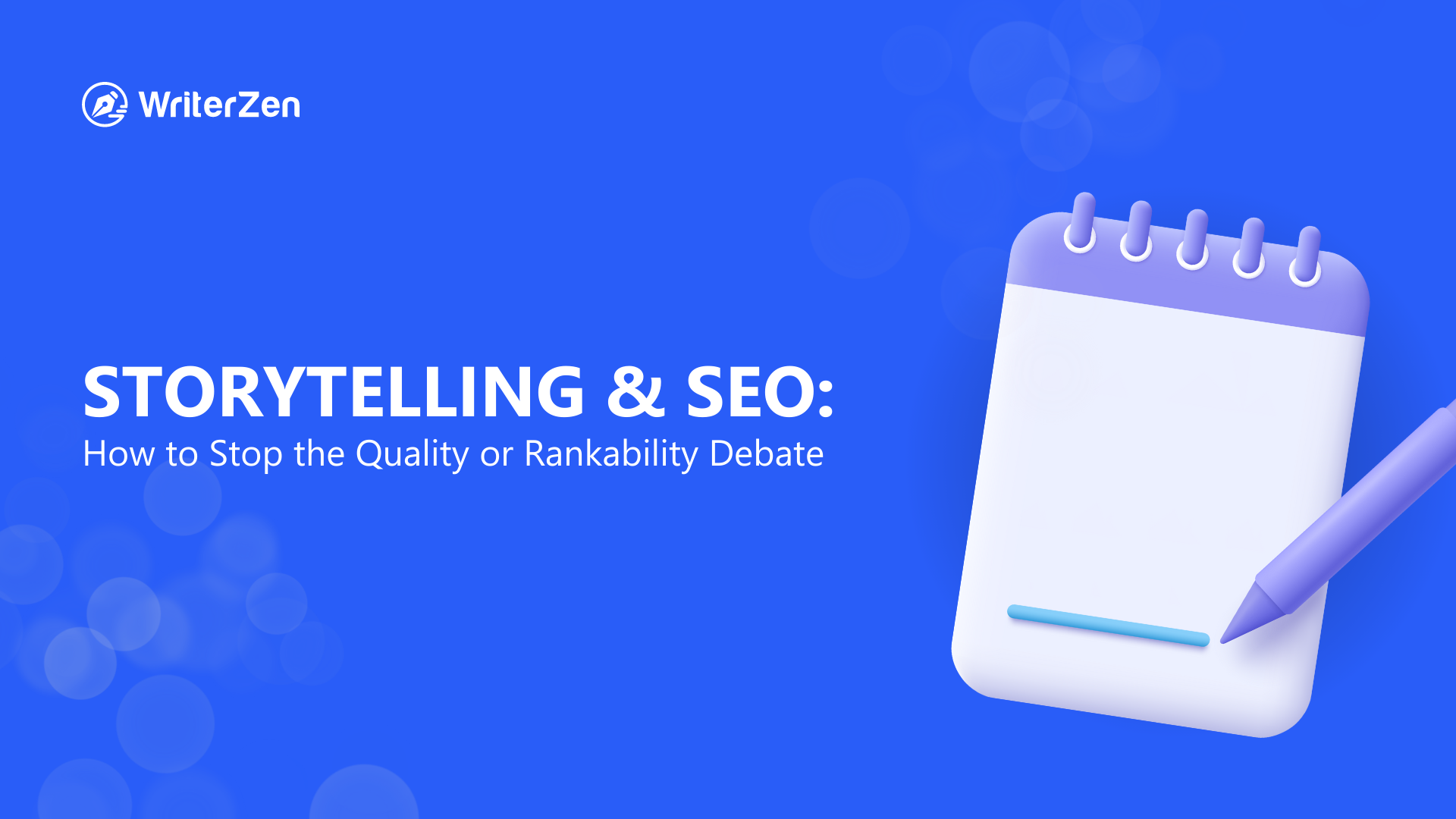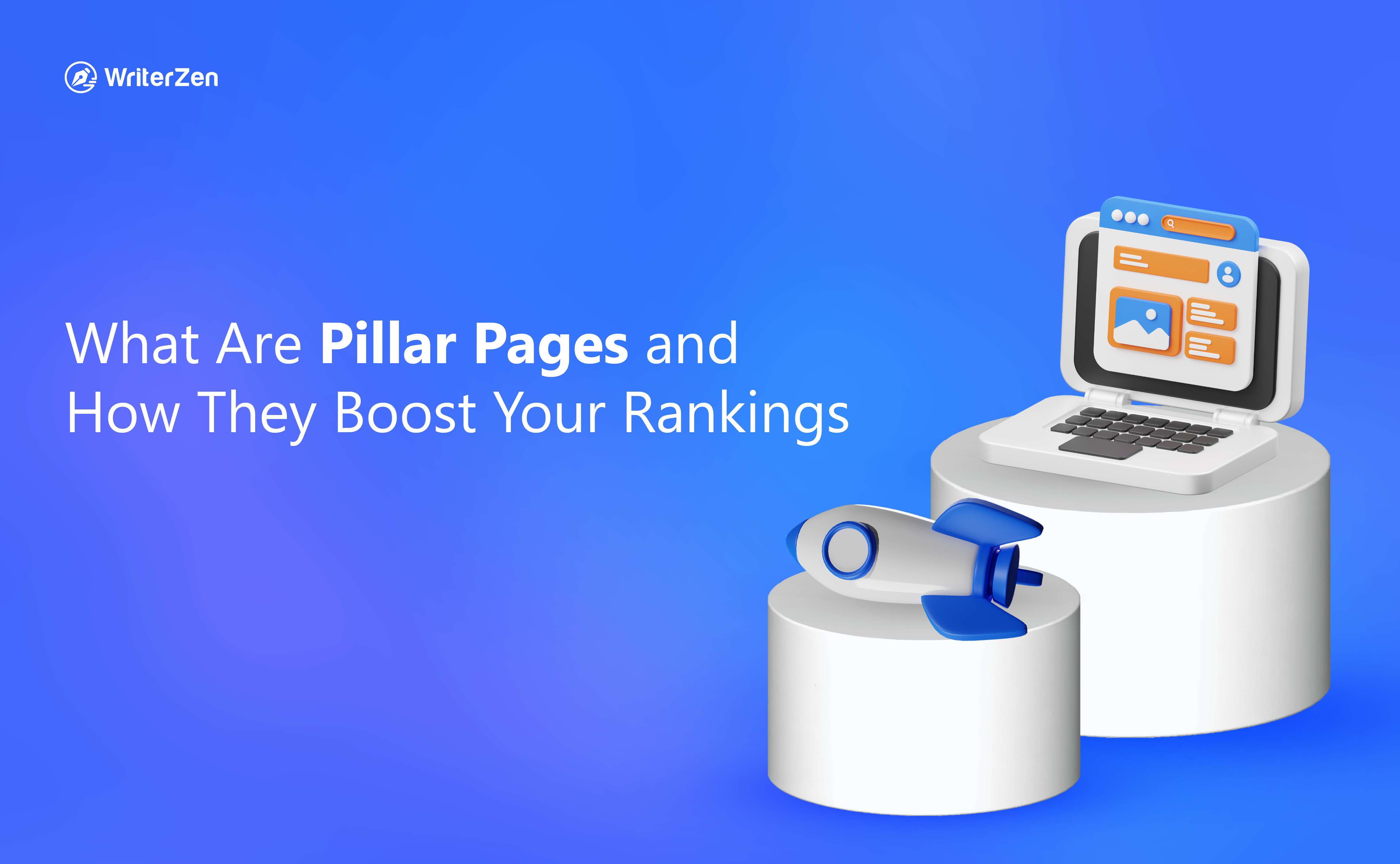“SEO content is boring.”
This perception secured a place on every content professional’s lips.
Their initial afterthought? “It must be another doppelganger version of vanilla content.”
It’s not a secret that vanilla isn’t famous for a reason. After exploring the search result, you can confirm that this claim isn’t baseless.
Everyone fixated on claiming the top position only. Content with novelty, intriguing takes, and captivating stories… what’s that?!
You must be thinking, “Is it the dawn of content pollution?”
To get the answer, read on as we get to the heart of this issue and bring you solutions vetted by content experts across industries.
SEO Content Is Gaining a Bad Rap
The truth is there’s nothing fundamentally wrong with SEO content.
The core issue lies in companies' approach to churning out bulks of content pieces to keep up with publishing velocity.
The final harbinger of doom?
Giving birth to a new wave of content pollution.
In their chase of creating fat graphs and ranking for high-volume keywords — they are happily sacrificing quality, setting low standards for SEO content, over-relying on tools — and ending up drowning in the sea of sameness or lookalike content.
Now that’s a concerning issue here.
Eric Doty, the head of content at Dock, sheds light on this issue. He says: “Companies try to squeeze as much content quantity as possible for their budget, so they resort to low-cost writers and poor editing standards.”
“On the flip side, SEO writers are more incentivized to hit keyword counts and word counts, or to flip articles back to clients as quickly as possible to get better ROI for their per-article rates.”
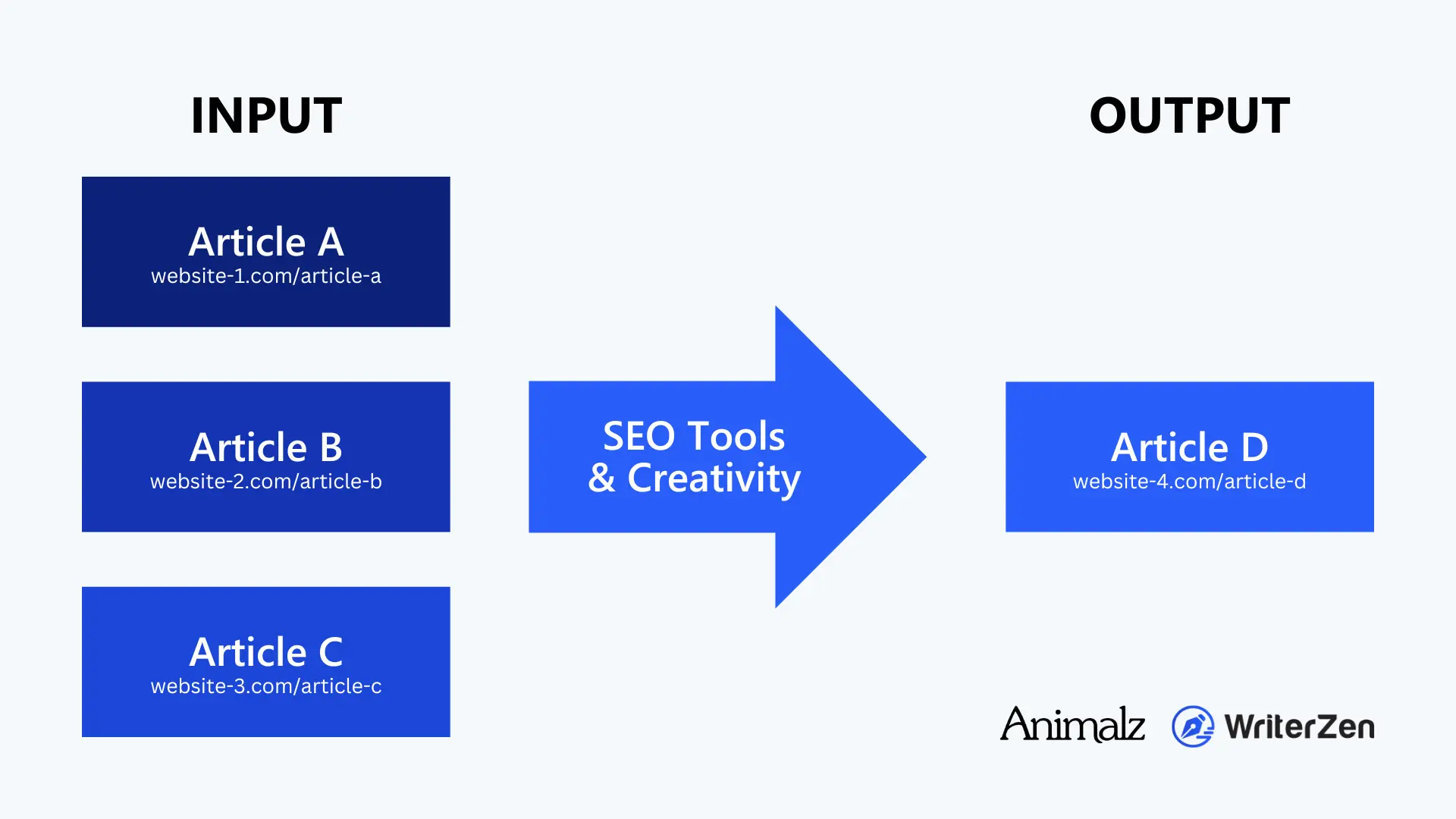
We often consume two types of content on the web — mishmash vanilla content and high-value original content.
By their very nature, both types are polar opposites. So far, you’ve probably grasped the lazy way of creating mishmash vanilla content.
Whilst, the high-value original content has a unique approach of combining an original idea with a story. The result is unlike anything else your audience has ever consumed.
What Makes Storytelling the Lifeblood of Good Content?
In this day and age, no one can deny the value of content and the ROI it delivers over time.
But here’s the catch. You can claim to create good content and still find yourself fighting for the audience’s attention.
So how do you engage your audience and foster trust?
Use emotive language and stories to evoke emotions. Storytelling has been a key component of our communication since the caveman era, no matter our region, language, and culture.
A study by Harvard Business Review reveals emotional connection is a significant driver of brand loyalty and is one of the best indicators of future customer value.
That’s not all. Customers are 71% more likely to recommend brands to their close ones.
You see the power of storytelling?
To thrive in a saturated market, if your unique brand story resonates with your audience — it can increase the likelihood of them picking your brand over twenty others.
Erin Balsa, the founder of Haus of Bold, emphasizes having a strategic narrative that separates your brand from the rest.
“You can not say the same things your other four competitors are saying. Find a way to add to the asset to show a unique point of view. Share your internal SMEs’ unique approach to solving a problem and their take on an issue. Weave everything together into storytelling,” she notes.
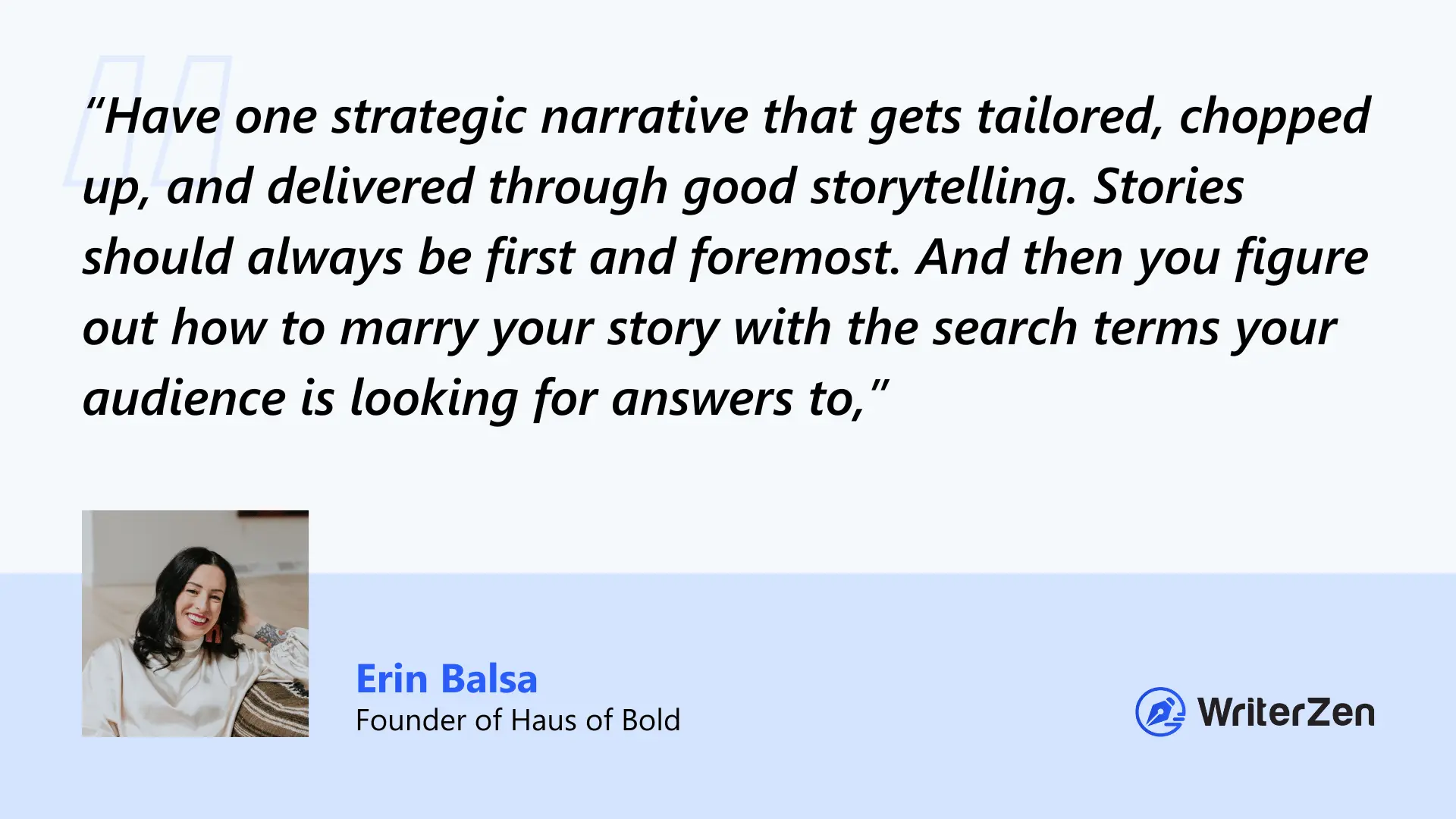
Storytelling is the tool to make your audience care about your brand, which leaves an everlasting impression in their mind.
Use stories to convince and convert your potential customers.
SEO and Storytelling Aren’t Mutually Exclusive
Many content professionals are culprits for committing two content sins.
They are either over worry about algorithms or not thinking about them at all.
When you pick one over another, you’re left with content that is not designed to rank. Or worse, your mishmash content will leave your audience with a distasteful experience.
In effect, the fundamental purpose of creating content falls through the crack.
You’re losing a golden opportunity to gain a competitive edge if you don’t use strategic narrative as your key differentiator.
Similarly, you’re leaving money on the table if you’re not leveraging SEO to drive traffic and generate leads. One doesn’t replace the other.
On this matter, Nathan Collier, Director of Content at PERSUIT echoes the same.
“Storytelling and SEO are two different techniques. They’re like tools in a toolbox. A hammer is not more important than a tape measure. They just have different uses. Same with storytelling and SEO,” adds Nathan.
The Winning Formula to Achieve Major Content Goals
At this point, you’ve realized that not thinking about search optimization is just as bad as only thinking about that.
Getting your site to secure the top rank is quite a significant accomplishment. But you need to give readers strong reasons not to hit the back button right after visiting your site.
The founder of Growth Sprints, Brendan Hufford, agrees and says: “Once you are ranking in the top ten, the only thing that ensures you stay there is strong storytelling. It is also a moat that you can defend.”
The bottom line?
Pair storytelling with SEO to unlock new opportunities for your brand, win your audience’s trust, and keep them coming for more.
That’s how it can fit into the larger picture.
Guess what? Nailing down the idea of using SEO and storytelling together isn’t enough.
You also need to do it the right way to attain major content goals — building brand awareness, staking your claim in SEO, fostering their loyalty, and generating leads that turn into revenue.
We’ve detailed out how you can intertwine storytelling and SEO to connect with readers, build search dominance, and unlock more opportunities.
Share Stories Worth Hearing
Every brand tries to establish their product as a unique solution to the audience’s biggest problem. So do the other ten competitors who are in the same ocean with the same tidal movements.
What makes you memorable in a cutthroat market? How can you stop from blending in?
The answer? Brand story.
Your unique brand story is what sets you apart in the sea of sameness, makes you memorable and remarkable in your audience’s mind.
Drift could be a great example of this. They used strategic narrative to solidify their authority in a category they coined — Conversational Marketing.
Their core product — chatbot has been around for more than decades. Major brands were already making waves in chatbot technology.
Drift no longer wanted to stay as the new kids on the block, so they flipped their story and refused to give in to the status quo — “a chatbot is just a chatbot.”
Drift framed the narrative in a way that became their biggest competitive edge. And we know the rest.
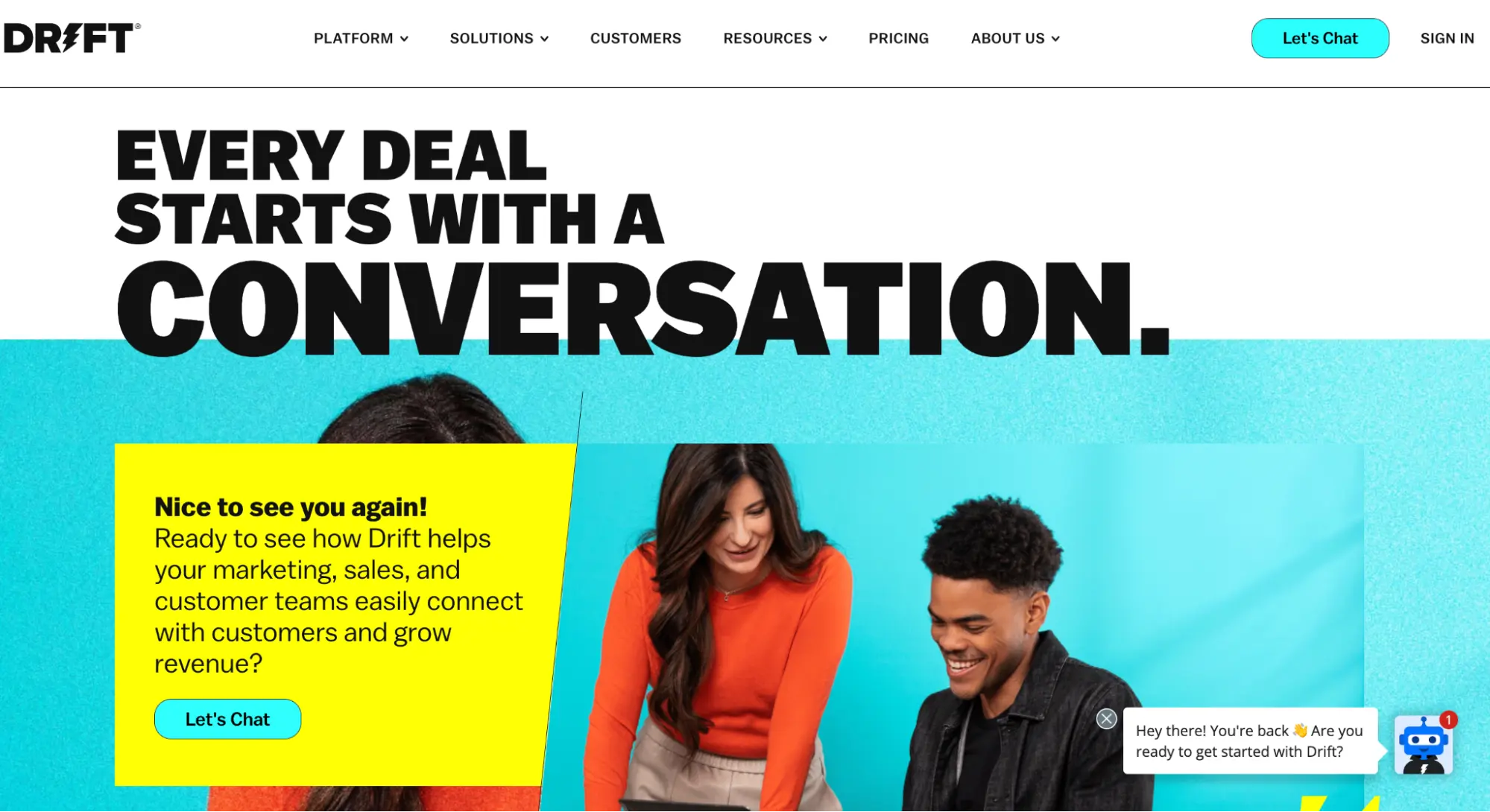
The takeaway?
Use your unique narrative as a powerful way to engage with your audience and stand out in a crowded market.
But we have to admit that good storytelling is never easy.
You don’t want to turn it into a sob story or, even worse — push out irrelevant stories no one cares about. You need to be mindful of striking a perfect balance.
Storytelling Elements That Drive More Engagement
From Stephen King to Willian Strunk, everyone has a different approach to storytelling that does a perfect job of delighting readers.
What’s common among their approach is that their compelling stories center around the following three rules:
-
Tell relevant stories to your audience that pique their interest
-
Keep your audience curious and create wonder by surprising them
-
Make every moment count. Don’t waste time sharing redundant details.
Utilizing the basics of great storytelling offers you an opportunity to tap into the brain science that keeps people engaged and interested.
Create Your SEO Moat
Ever noticed how every piece of HubSpot content attains one of the top 5 spots for high-volume search terms?
It may not come as a surprise to you that HubSpot ranks for more than 550,000 keywords. And they are generating traffic worth more than $8M!
It’s not the reward of starting early instead, it’s the outcome of strategically utilizing content and SEO to capture search demand and build search dominance over time.

We know competing head-to-head in a cutthroat market may not seem doable for any new brand.
But you can still set to achieve lofty goals by establishing your brand’s credibility and creating a massive SEO moat, like Drift, HubSpot, and Canva.
Here’s how:
Use Proprietary Data to Find Pain Points No Big Players Are Targeting
Here’s a confession. Original content is no piece of cake. It’s easy to blend in and sometimes, equally difficult to stand out.
To help you be remarkable, proprietary data can be your biggest strength.
Creating content backed by proprietary data can strengthen your content and become your key differentiator.
Interview existing customers, interpret the granular data to unearth new problems, identify relevant topics, and pair them all together.
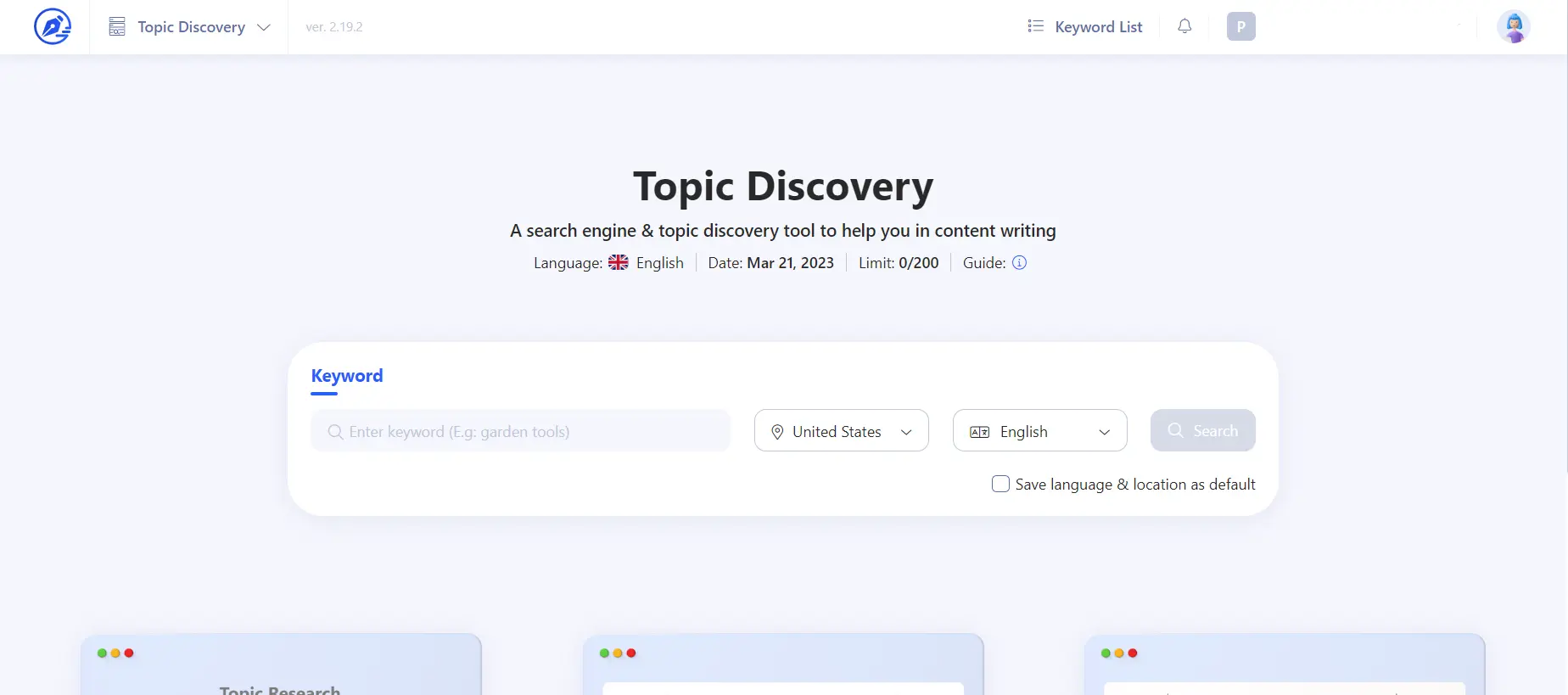
The result?
You can heighten your content quality which will eventually inspire engagement. This alone not just adds layers of robustness but helps establish demand.
Remember: the goal is to create a content foundation no one can compete against.
Outrank Your Competitors by Giving Optimum Value
Offer a unique angle using internal leaders’ take. It can heighten your content quality.
Let’s say your target readers are in the customer success space. Inviting your customer success manager or team members to share their experiences can add a fresh perspective and establish a deeper connection with the readers.
That’s how you build trust into content. It will eventually nudge them to turn to your blog to find answers to similar queries.
Erin Balsa coined an interesting term called “The Content Sweet Spot.” This concept breaks down the quality of good content.
Basically, you take your product, strategic narrative, high-value key terms to rank, an original idea, or unique angle — wrapped in one piece of content.
“Don't set out to write "SEO content" or "thought leadership content." Set out to write the best content on the internet.” shares Erin.
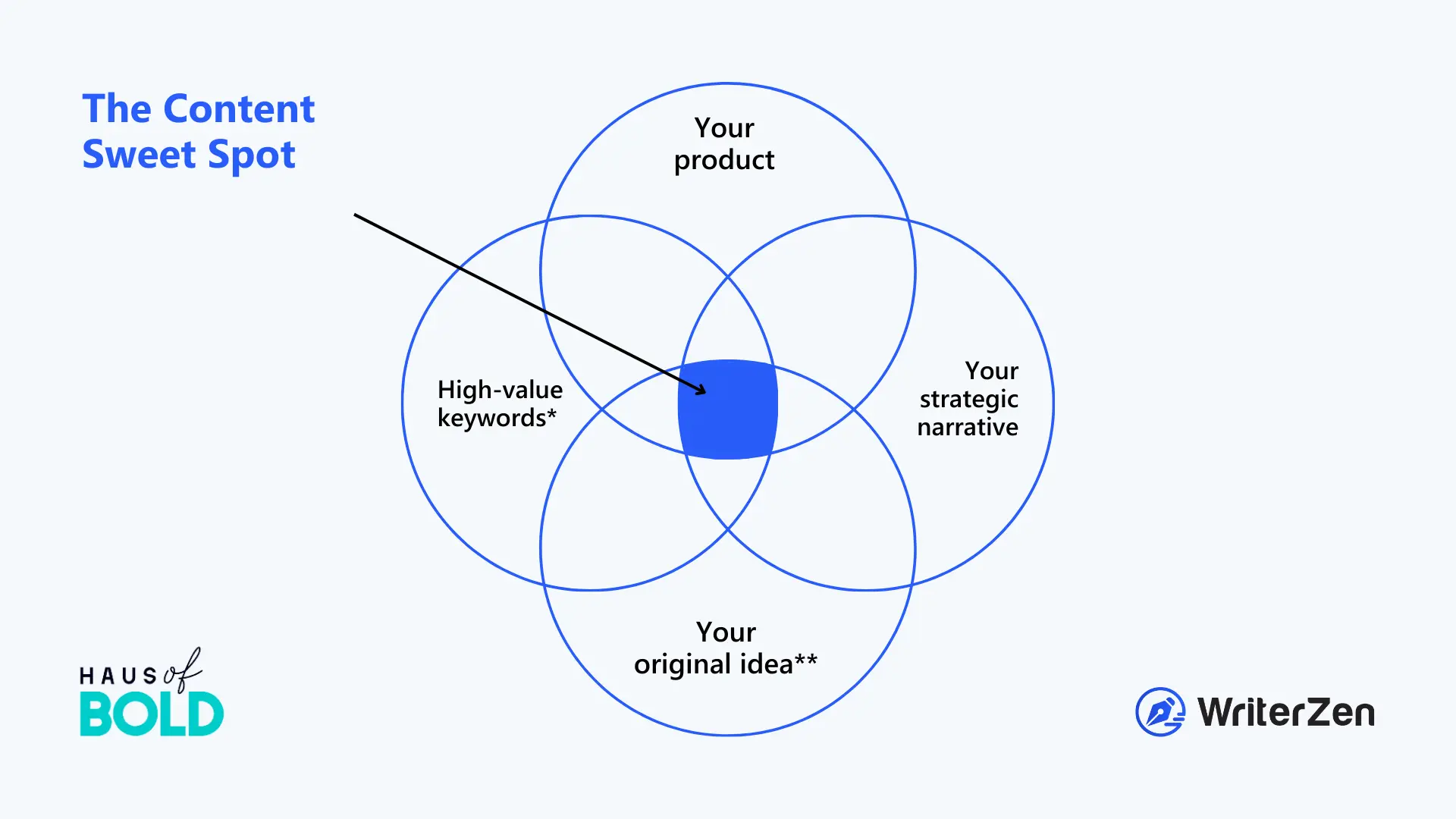
Eric shared an article from Dock on sales enablement software, which is a perfect example to demonstrate this concept.
They created a classic SEO software listicle with several storytelling layers and weaved their product as a good solution.
“We give our opinion and a brief history of software in each tool subcategory. It’s not just a list, we create a narrative by explaining the evolution of each industry,” adds Eric.
Establish Topical Authority
Topical authority is a non-negotiable to accelerate organic growth. It establishes your credibility, authoritativeness, and trustworthiness.
The ultimate goal of SEO and content is to generate revenue for the business. When your brand builds authority in a topic, generating traffic and leads becomes a no-brainer.
Here’s a quick rundown of the steps to build topical authority:
-
Select a wide breadth of topics that aligns with your solution
-
Ignore things that don’t bring tangible benefits
-
Create content throughout the customer acquisition funnel
-
Increase publishing velocity
-
Continue monitoring existing content
You can only build an SEO moat by doing the heavy lifting no one else does. Later on, it will bring rewards you can reap for many years.
Pair Storytelling with SEO to Get An Edge Over Your Competition
The biggest of the big are ahead of you. Generating hundreds if not millions of dollars in revenue only through great content.
Why should your brand fall behind?
Double down on providing optimum value. Your engagement rate will shoot up in no time, leading to establishing credibility. As a result, Google will reward you with a higher ranking on SERP.
Remember: Great stories reign supreme. The next step in securing top ranks is to maintain your search dominance. Here, stories do the trick to pull in readers like a moth to flame.
The conclusion? Marrying storytelling with SEO is the only formula to win the long game.


